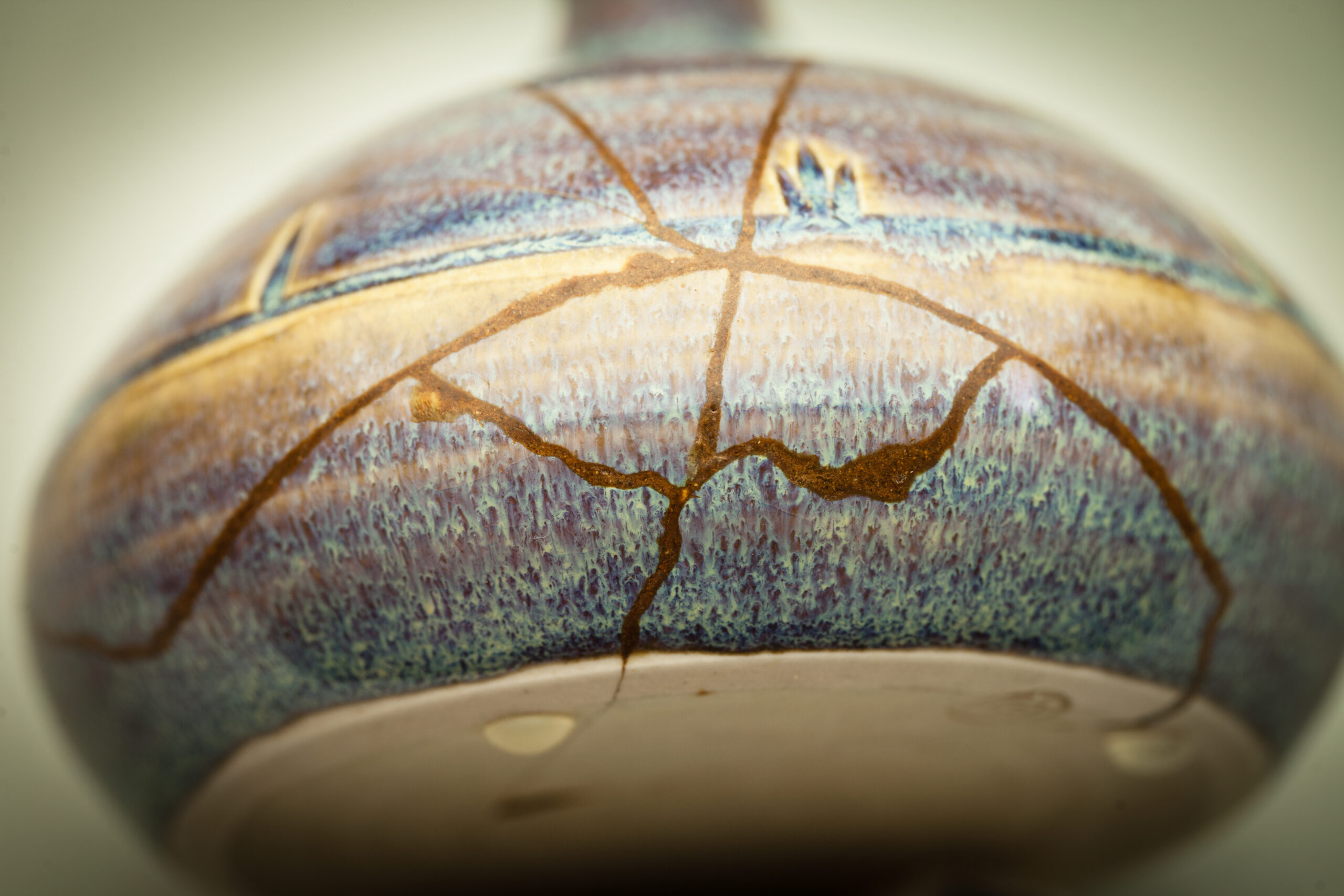Katie Steedly’s first-person piece [The Unspeakable Gift] is a riveting retelling of her participation in a National Institutes of Health study that aided her quest to come to grips with her life of living with a rare genetic disorder. Her writing is superb.
In recognition of receiving the Dateline Award for the Washingtonian Magazine essay, The Unspeakable Gift.
Enter your email here to receive Weekly Wide-Awake
Meatless Days

“Food certainly gave us a way not simply of ordering a week or a day but of living inside history, measuring everything we remembered against a chronology of cooks.”
Sara Suleri
I love food. Rather, I love to eat. If I was a better cook I would probably love food more than just eating. I would love finding good recipes, corralling the best ingredients, mastering dishes, and presenting a meal with pride and confidence. Living in a city, with access to wonderful restaurants, my inspiration to become a better cook often fails. In her essay, “Meatless Days,” Sara Suleri explores her Pakistani culture via food. We see her family, religious rituals, culinary customs, and the impact of lifelong lessons on her adult life through the window of food. This essay makes me think about the role food has played, and continues to play, in my life. My choices. My culture. My routine. More deeply, it makes me consider what it means to be present to food.
Food Choices
I became a pescatarian (someone who eats fish but not pork, chicken, or beef) July 5th, 2009 at the age of 38. That changed my relationship with food. I became a pescatarian to stand against the prevalence of animal cruelty in the United States, and to stop contributing to the overwhelming environmental impact of mass meat production. My yoga practice teaches me about our interconnectedness as living beings, and becoming a pescatarian was a step toward connection. That choice has made me more aware of what I eat. It has helped me realize that I have more control over what I eat than I would have previously predicted, and control makes presence more possible. Suleri’s essay is her food narrative. It is the story of her relationship with food. Our food choices are the heart of our food stories.
Food Culture
Suleri’s description of food as connected to place and culture and history resonates with me. I grew up in Kentucky eating fried chicken and Hot Brown turkey sandwiches at Kentucky Derby time. I ate barbecue when I lived in Texas. I ate lamb when I visited New Zealand. I ate steak frites in Paris. I have to confess, living in a place where fresh seafood is a main menu item, the choice to be pescatarian is a bit easier. It does feel that by eating local food, I live inside history, as Suleri suggests.
Food Routine
I schedule my days around meals. The last five months have made it glaringly apparent that I begin to plan the next meal while eating the previous one. I probably did that before, but I have noticed it more recently. I think that is what Suleri is talking about when she talks about food bringing order days, weeks, and years. Food marks religious rituals. Food marks days of the week. Food marks the passing of hours in the day. It is interesting to think about the relationship between food and meals as being something that brings order. Having healthy control over when and what I eat is something I struggled with.
Food Intimacy
Food allows intimacy. That is a powerful thought. Let me explain. Suleri uses food to describe her relationship with her friends and family. We get to know them through food. The beauty of cooking and sharing a meal. We understand each other when we break bread together. That makes sense to me. When we slow down and prioritize sharing meals. When we slow down to cook and eat. When we slow down and know our food and those with whom we are eating. That is food intimacy.
About Katie

From Louisville. Live in Atlanta. Curious by nature. Researcher by education. Writer by practice. Grateful heart by desire.
Buy the Book!
The Stage Is On Fire, a memoir about hope and change, reasons for voyaging, and dreams burning down can be purchased on Amazon.





